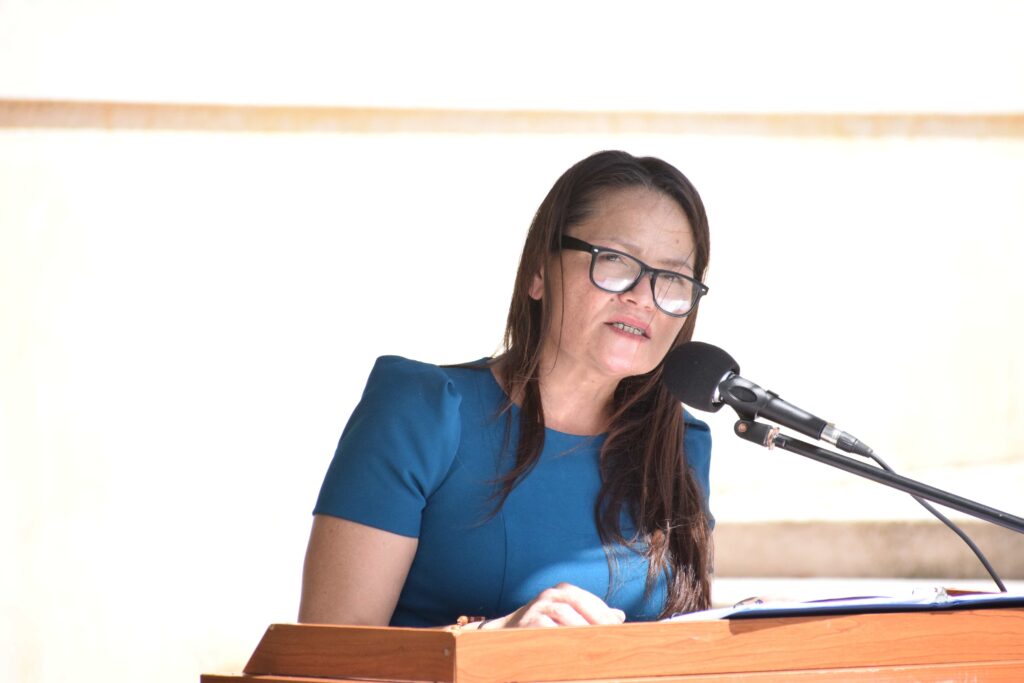By Emmanuel T. Erediano
emmanuel@mvariety.com
Variety News Staff

The Northern Mariana Islands joined the rest of the nation in welcoming the end of the 43-day federal government shutdown — the longest in U.S. history — that disrupted services and left many local families struggling with uncertainty.
On Thursday, President Donald Trump signed H.R. 5371 — the Continuing Appropriations, Agriculture, Legislative Branch, Military Construction and Veterans Affairs, and Extensions Act, 2026 — bringing the record-breaking shutdown to a close. The spending measure passed the U.S. House of Representatives 222-209 and included $107.5 billion in mandatory funding for the Supplemental Nutrition Assistance Program. It also reimburses the SNAP contingency reserve, covering expenditures incurred during the shutdown.
U.S. Congresswoman Kimberlyn King-Hinds expressed relief that government funding has been restored, especially for crucial social services in the CNMI.
“Finally. I have been looking forward to getting back on track with our work, and it’s good to finally say it’s time to get back to it,” she said.
King-Hinds noted that it was the longest federal government shutdown in our history, and the impact on the CNMI has been serious, especially for families who rely on the Nutrition Assistance Program.
“I’ll be shortening my time at home to return to Washington as soon as possible so we can restart the programs that were interrupted and move forward on the momentum we’ve been building. It’s been a long 43 days, but now we get back to work,” King-Hinds said.
The shutdown, which began when lawmakers failed to reach a budget agreement ahead of the fiscal year, affected roughly 800,000 federal workers across the nation, including those in the commonwealth. Key services such as federal food assistance and other safety-net programs were threatened as reserve funds dwindled.
CNMI agencies and nonprofit organizations had warned that further disruptions would occur if the impasse continued, with many families relying on SNAP for daily needs. Congressional leaders have urged bipartisan cooperation to avoid future lapses and provide stability for programs impacting the territories. (With wire reports)











